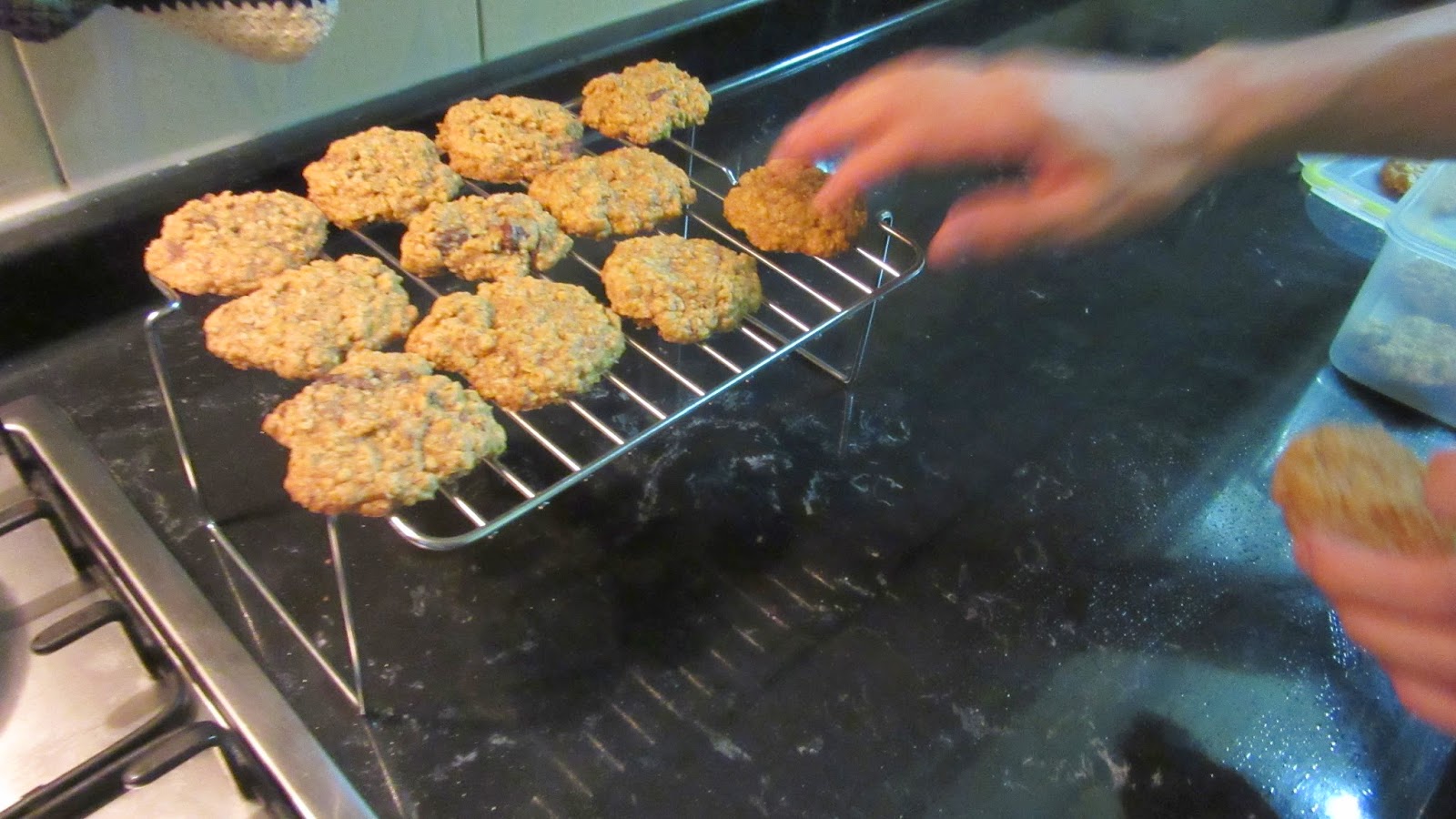Over the weekend we traveled to Dohuk, the
third-largest city of Iraqi Kurdistan, to visit with local partner
organizations and see firsthand the situation of Yezidis displaced from Sinjar in August. We traveled beyond the city into the mountainous northern areas of the province that have been partially overlooked by larger aid organizations. One community we visited was camped out in an abandoned hotel that had its heyday in the 1970s-80s. In another location, 130 families were living in tents set up on a hillside within the grounds of one of Saddam Hussein’s former palaces. The whole view was a gloomy and evocative parable of Iraq in miniature—a
nation of the displaced camping in the shadows of a dark and tortured
past.
Through an organization called Zakho Small Villages Project (ZSVP), which is a long-term MCC partner in agricultural development, MCC is currently distributing food to Yezidis
in both these locations. But as the people there desperately reminded us, they need much more, including more food, fuel, and winterization items.
 |
| The caved-in remains of the palace sit just out of view atop the hill on the lift, above the tent encampment. Photo credit: Gordon Epp-Fransen |
….
A day later, I had one of my most delightful days yet at St.
Peter’s Seminary, where I teach English every Monday and Friday afternoon. The previous Friday I had asked all the
students to write about their decision to study for the priesthood. I was curious, and it seemed like a useful exercise. Most of them mentioned a desire to serve the church in difficult times, a commitment to God, and formative experiences as children. One student had decided to enter seminary after his parish priest in Mosul was assassinated several years ago. But I was most surprised when one of the students turned the tables on me and asked
for the story of how Kaitlin and I met, and why we came to Iraq. Another student had just
summed up his calling by drawing a heart with an arrow sticking through it and
“[his name] and Jesus forever,” so the analogy
between marriage and the priesthood seemed to be clearly in their minds. Judging by their reactions, my account of meeting Kaitlin through friends at EMU, dating, and getting married, was probably a bit more boring than they were hoping. (One said, “next time we see Kaitlin we’ll get
the real story.") But their interest in my life and their openness has helped create a comforting sense of camaraderie. I'm not yet sure what kind of English teacher I am, or how useful our presence really is, but most of time--unless I've really bombed the lesson--I feel good when I walk home from the seminary.
...
 |
| Seminarians in the middle of a minor construction project on the grounds of St. Peter's Seminary in Ankawa. |
….
In more somber news, on Wednesday a car bomb exploded in
Erbil, killing at least five and wounding almost thirty. This is the first attack of this size in
Kurdistan for more than a year. We are hopeful that it will be an isolated event, but it was a crack in our idea that Kurdistan is the "safe" Iraq. At the same time, most people I spoke with were pretty unfazed by the bombing. (Then again, most of these people were from Baghdad, so their sense of normalcy is not totally comforting.)
What was comforting was going that same Wednesday evening to Mar Elia, a local church compound hosting 150 Christian IDP families to help teach English Christmas carols to the children at the center. I had, of course, selected good, traditional English carols with lots of "thee's" and "yon's," but the priest in charge of the events had already taught them "Last Christmas." I didn't feel great about contributing to the spread of American pop culture with my token volunteering for the week, but the kids definitely liked it better than "Silent Night."





